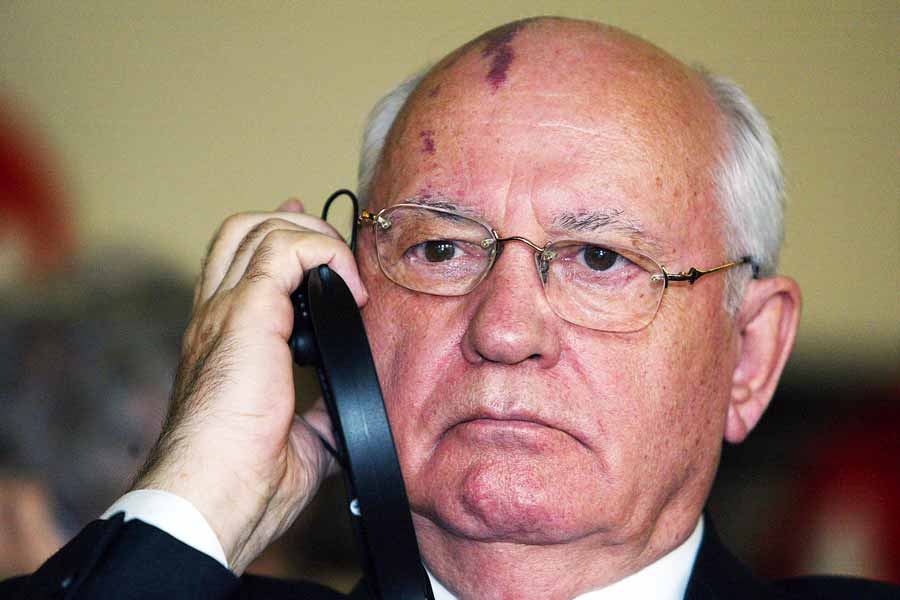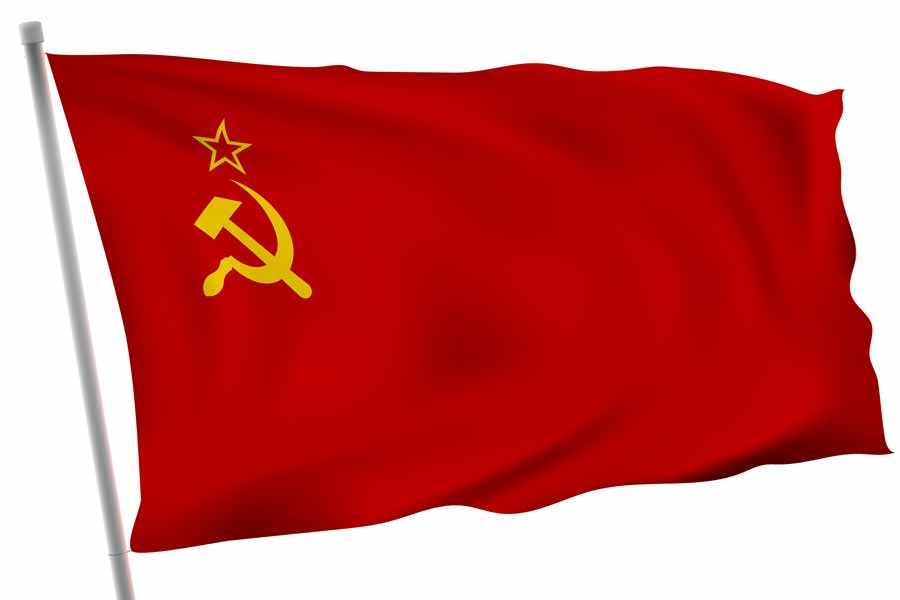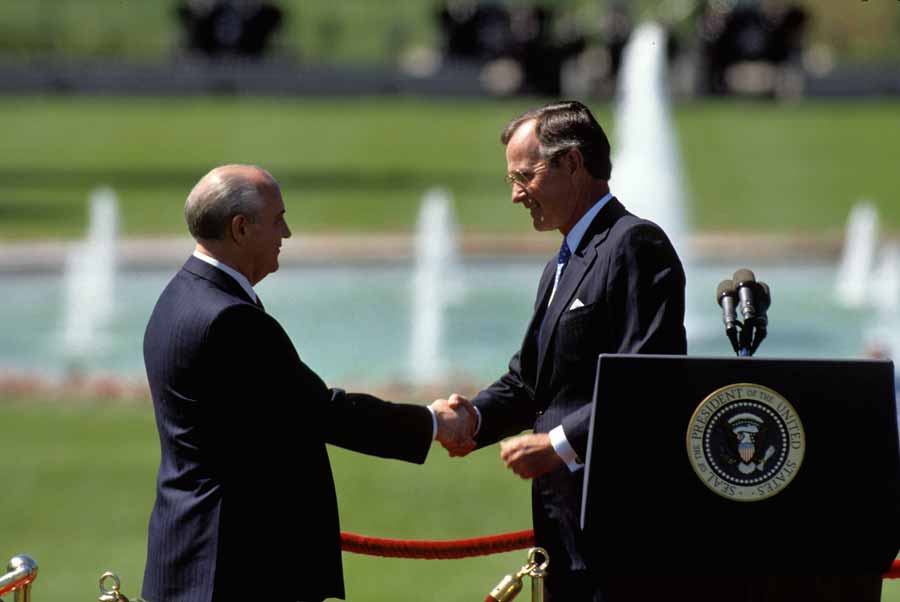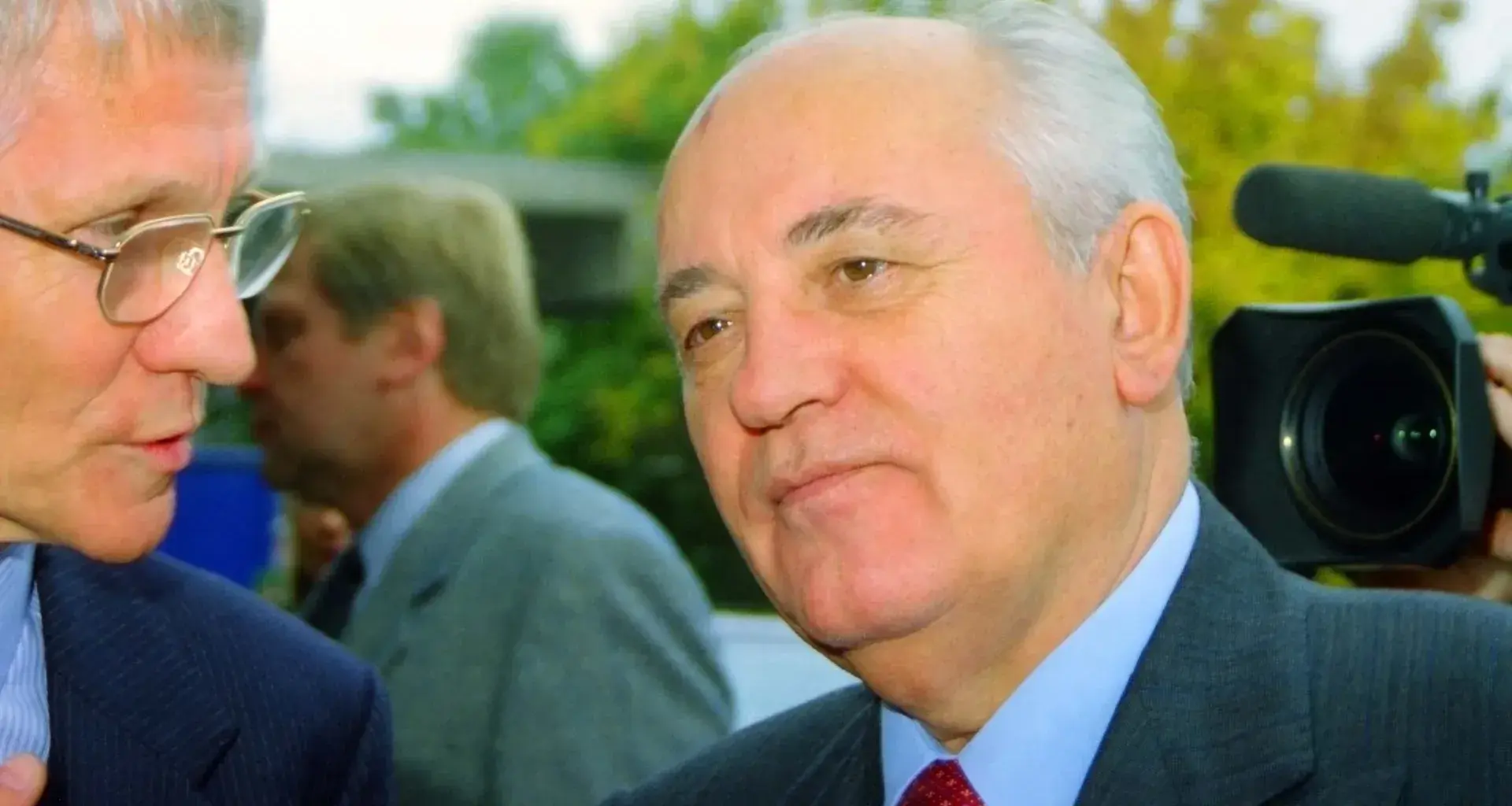Beata Wojna, professor of International Relations at Tecnológico de Monterrey in Santa Fe, shared with CONECTA the historical relevance of Mikhail Gorbachev, who passed away on August 30.
The last head of the Union of Soviet Socialist Republics (USSR) died on August 30 at the age of 91, after a long illness.
Wojna analyzed the role Gorbachev played and his important relevance for Europe and the world.

Gorbachev’s rise to power
The international affairs expert said that Gorbachev was the first Soviet leader to openly acknowledge that communism was in crisis and in need of reform.
“Gorbachev came to power in the Soviet Union in 1985 at the age of 54, becoming the youngest head of the USSR’s Communist Party. For seven years, he led a country that was in profound economic crisis and in urgent need of transformation.
“All this in an international environment marked by the Cold War confrontation, an exhausting arms race, and internal crises in the other communist Warsaw Pact countries,” she noted.
The Warsaw Pact, signed in 1955, was a military alliance among communist Eastern European countries to confront the North Atlantic Treaty Organization (NATO).

The first leader to recognize the crisis in the Soviet Union
“In the wake of all this, he proposed a program of political and economic transformation known as perestroika and a policy of transparency known as glasnost, which involved the easing of censorship, among other reforms.
“From the perspective of the USSR and its population mired in limited political rights and a shortage of basic goods and services, these were very important changes but were insufficient in the face of the structural crisis that the Soviet Union had had for many years,” she said.
According to the professor, Gorbachev’s reforms came too late to a country that was difficult to reform, so his attempt to transform communism from within failed and generated even greater social tension and discontent, and even an attempted coup d’état from the sectors opposed to the changes.
In addition, the opening up of the Soviet system to internal criticism led to the resurgence of nationalism and demands for independence, which eventually led to the dissolution of the USSR in December 1991.
“The dissolution of the USSR was a relatively peaceful process.”
“15 new countries along the borders of the former Soviet republics emerged from the rubble of the USSR. A few cases where force was used against those demanding independence (Lithuania, Azerbaijan) were exceptions.
“Overall, the dissolution of the USSR was a relatively peaceful process, which we should recognize as part of Gorbachev’s legacy given the complexities and size of the Soviet Union,” she said.
This relatively peaceful dissolution contrasts with what happened soon after in Yugoslavia, whose dissolution was marked by civil wars and terrible cases of genocide.
Gorbachev’s novel foreign policy
The professor said that Gorbachev’s importance comes from his novel foreign policy, characterized by a principle of non-use of Soviet armed forces abroad to suppress reformist movements or revolts against communism in satellite countries.
“This new foreign policy from the USSR during Gorbachev’s time allowed the countries of the communist bloc to carry out their own democratic transformations without fear of Soviet military intervention, as happened in Budapest in 1956 and in Prague in 1968.
“It’s probably what millions of the citizens of Poland, the Czech Republic, Slovakia, Hungary, Bulgaria, and Romania are most grateful to Gorbachev for,” she said.

Gorbachev, crucial in the reunification of Germany
In the case of Germany after the fall of the Berlin Wall, as leader of the communist bloc, Gorbachev was crucial in enabling the reunification of communist Germany (German Democratic Republic) with capitalist Germany (Federal Republic of Germany).
“This established a new order in Europe that was no longer divided by the Berlin Wall and the Iron Curtain,” she said.
The end of the Cold War
Gorbachev also sat down at the negotiating table with the United States to negotiate nuclear issues, and both sides reached an agreement for significant reductions in the nuclear arsenal.
“The confidence-building measures that were built in the Gorbachev years made it possible to speak of the end of the Cold War in 1989.
“Gorbachev ‘played’ in the major leagues of his time, negotiating with the leaders of the United States, such as Ronald Reagan or George Bush, with the Prime Minister of the United Kingdom, Margaret Thatcher, and even established relations with the Vatican and Pope John Paul II,” she highlighted.
According to the specialist, the leader of the former Soviet Union made a decisive contribution to ending the Cold War and ending the confrontation with the United States.
“He also became part of popular culture. He was a charming man, always accompanied by his wife Raisa. His image contrasted with that of most of the heads of the USSR before him,” she added.
An iconic character
Finally, the professor pointed out that, as in the case of many great figures who have left a mark on history, the perspective on everything Gorbachev did is not homogeneous.
“In the Russian Federation ruled by President Putin, he’s blamed for leading to the crisis and demise of the Soviet Union.
“For others, he’s the leader who contributed to the end of the Cold War and opened the doors for democratization in Central and Eastern Europe. He was, without a doubt, an iconic character,” she concluded.
Gorbachev was head of state of the Soviet Union from 1988 to 1991. He won the Nobel Peace Prize in 1990.
READ ALSO:





